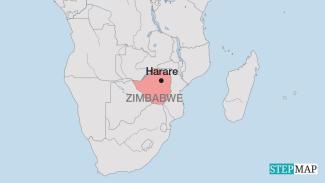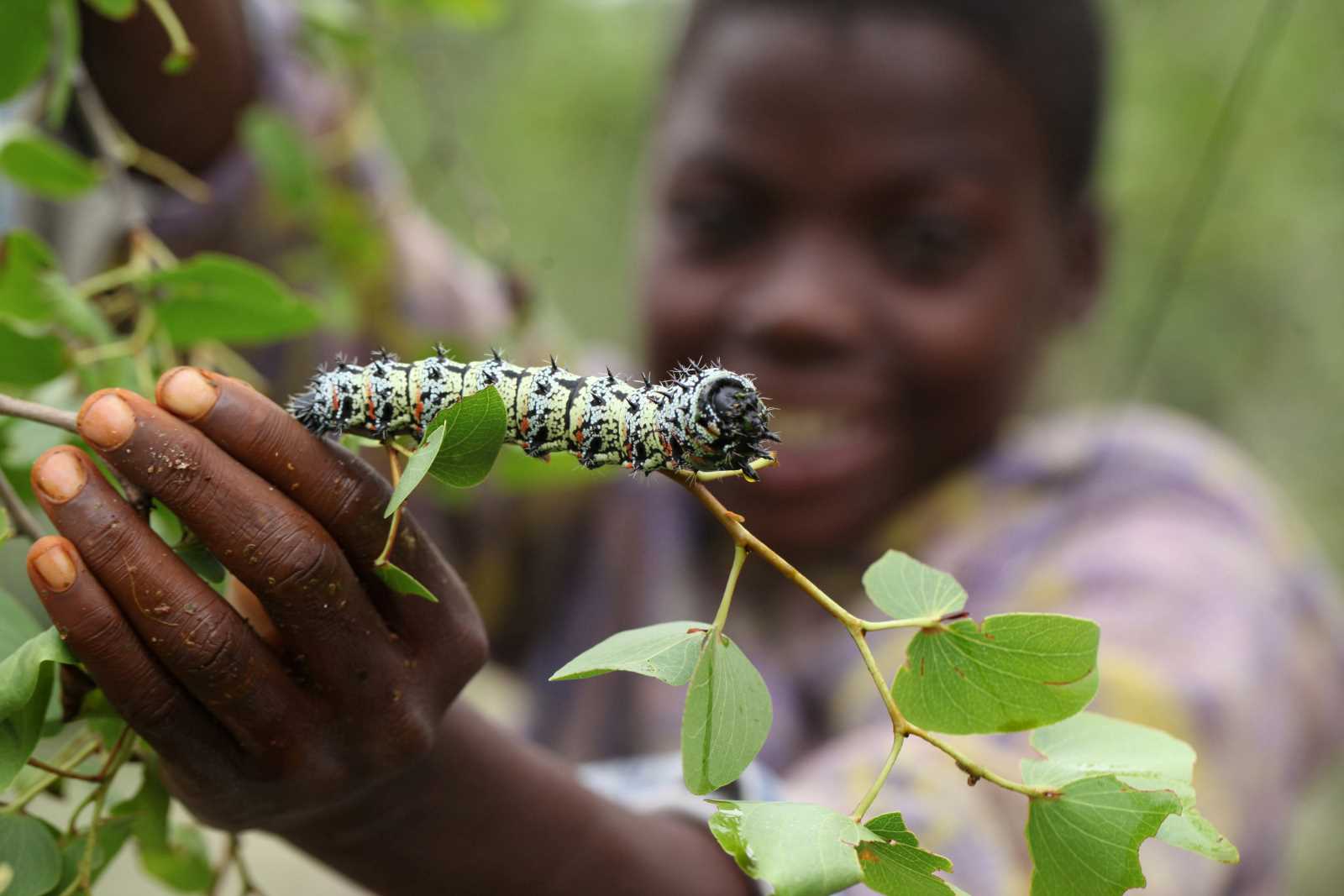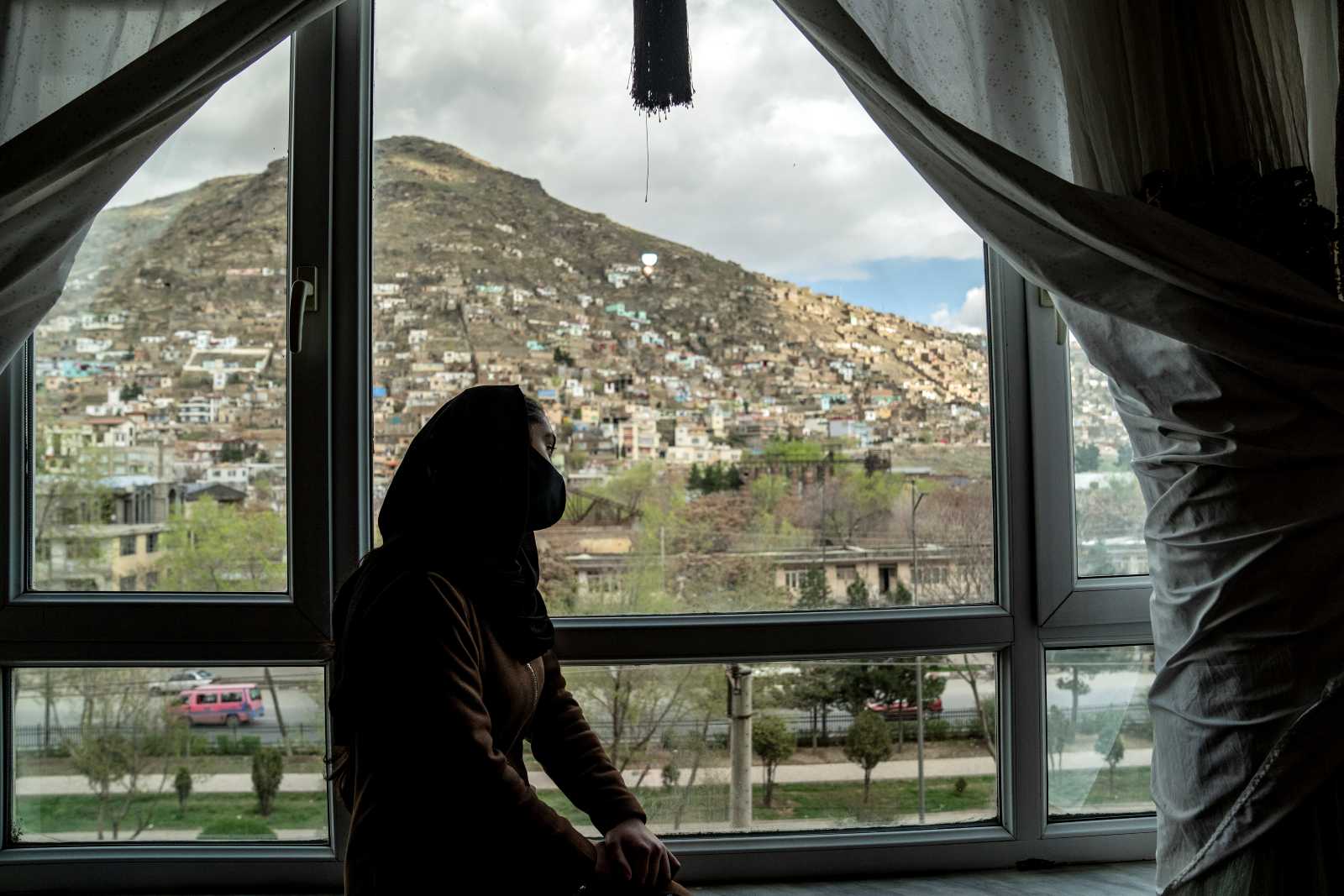Sustainable agriculture
Widows in Zimbabwe rebuild lives through bees and trees

After the passing of her husband in 1999, Constance Chibaya, a widow from Zimbabwe’s Mashonaland West province, faced an uncertain future. As the sole breadwinner, she struggled to provide for her family. “Being a widow brought hardship; therefore, I used to cry a lot,” she said.
Her story is not uncommon in rural Zimbabwe, where a combination of economic hardship, climate change and deforestation has made traditional farming increasingly difficult. However, a new initiative focused on beekeeping and tree planting is offering widows like Chibaya a renewed sense of purpose and financial stability.
The My Trees programme is a honey production and afforestation initiative that has created new income streams for farmers. “I joined the My Trees programme in 2022. I felt relieved because I had become known for begging all the time. The tree project improved my livelihood as I earned an income. I am no longer begging. I can now afford clothes and food,” says Chibaya.
According to Rory Pilossof, general manager of the My Trees Trust, the initiative fosters a mutually beneficial relationship between communities and the environment by setting up beehives in reforested zones. The trees provide nectar for the bees, while the bees promote biodiversity by pollinating plants.
“The programme recently trained 25 beekeepers who will receive beehives this year. However, My Trees contracts 1000 small-scale farmers annually to grow trees, and we hope that 20 % of these will become beekeepers to supplement their income while supporting the environment,” he says.
Pilossof adds that the My Trees initiative has planted more than one million trees and operates 30 tree nurseries throughout Zimbabwe. The programme contributes to climate resilience and the restoration of degraded land.
Beekeeping experts also stress the critical role bees play in biodiversity conservation, as their pollination improves agricultural productivity. “Beekeeping projects are indeed transforming rural communities in Zimbabwe. They generate income through the sale of hive products such as honey, beeswax, propolis and nucleus colonies,” says Ishmael Sithole, a beekeeping expert and founder of MacJohnson Apiaries in Mutare, a city near the border with Mozambique. “They also support related services such as swarm removal, relocation and commercial pollination,” he adds.
Sithole argues that beekeeping enables rural families to diversify their income and reduce reliance on a single crop or source. As more communities adopt beekeeping and afforestation, he believes the benefits will extend beyond economics. “These initiatives foster environmental stewardship, ensuring a greener and more resilient future for generations to come.”
He further explains that beekeeping can also help mitigate climate change. “Sustainable agricultural practices and reduced greenhouse-gas emissions become more likely when participants cultivate a wide array of bee-friendly plants, maintaining year-round floral supply for their hives.”
As the effects of climate change continue to escalate globally, locally driven innovations such as conservation farming and eco-friendly beekeeping are gaining importance. These community-led practices need sustained support to thrive and make a lasting impact.
Lungelo Ndhlovu is a freelance journalist based in Bulawayo, Zimbabwe.
ndlovu.lungelo@gmail.com















